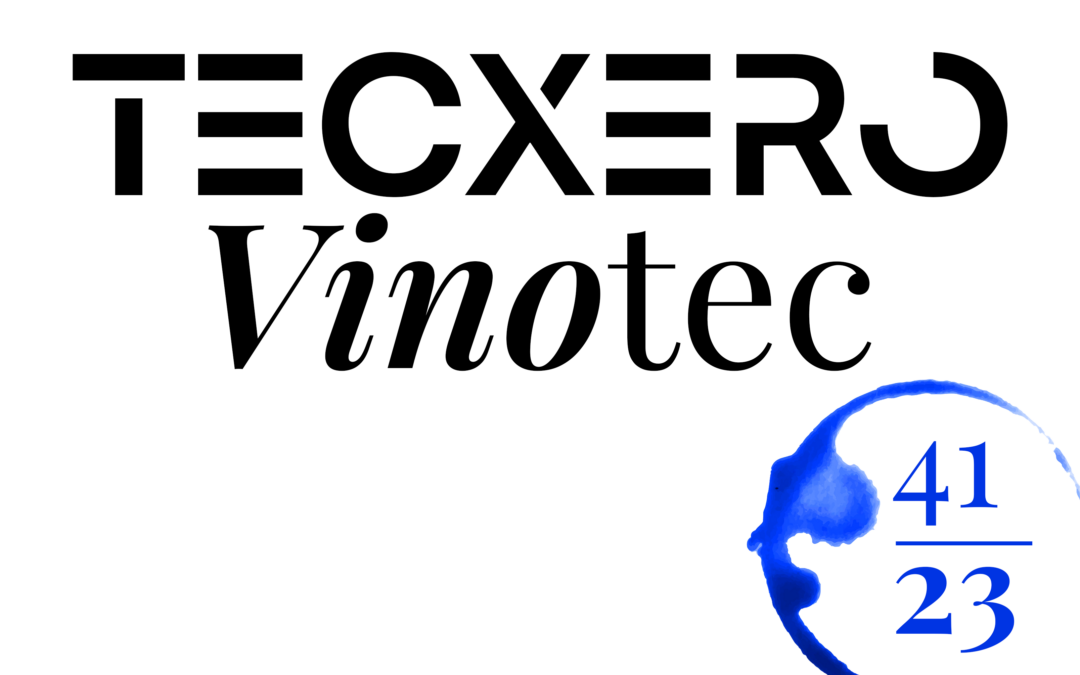Sie sehen gerade einen Platzhalterinhalt von Spotify. Um auf den eigentlichen Inhalt zuzugreifen, klicken Sie auf die Schaltfläche unten. Bitte beachten Sie, dass dabei Daten an Drittanbieter weitergegeben werden.
Mehr InformationenWeinempfehlung
- Martin: Siclì Chiaretto di Moniga 2022 / Rose
- Jens: Montepulciano di Abbruzo
Gehackte Unternehmen
Motel One
Daten sind komplett geleakt, „This data includes PDF & RTF booking confirmations for the past 3 years (5.5 TB)“. TECXERO prüft die Inhalte
Quelle: https://www.heise.de/news/Cybercrime-Erpressergang-greift-Hotelkette-MotelOne-an-9322397.html
NachtExpress Austria GmbH
Logistikdienstleister in Österreich, Datenabfluss hat es gegeben, wird demnächst veröffentlicht.
Quelle: https://www.nox-nachtexpress.at/
Frankfurter Uniklinikum
Freitagabend bei Routinekontrollen Vorbereitungen auf einen möglichen Hackerangriff festgestellt worden. Erstmal nur Internet und E-Mail aus. Krankenhausbetrieb aber “uneingeschränkt” fortgeführt.
An diesem Beispiel wird deutlich wie wichtig Routinekontrollen sind. Uns sind mehrere Vorfälle bekannt, bei dem z. B. ein aktiver Virenscanner „monatelang“ meldet „Gefahr im Verzug“. Aber da die Kontrollen nicht in einen Regelprozess eingebunden waren blieb es unbemerkt.
Hochsauerlandwasser GmbH (HSW) und HochsauerlandEnergie GmbH
Wieder “Daseinsvorsorge” – Services der Gesellschaften eingeschränkt.
Quelle: https://www.hochsauerlandenergie.de/news/hsw-und-he-dienstleistungen-eingeschraenkt
23andme
Gendatenbank – ggf. schon vor Monaten angegriffen.
Was bis jetzt geleaked wurde:
- 1 Mio Datensätze von Ashkenazi Juden
- 100k chinesische DNA-Daten
Aktuell unklar ob “wirklich” gehackt oder Passwörter geraten und dann über “DNA Relatives” abgezogen.
Wo ein Trog ist, kommen die Schweine – auch perspektivisch halt absolutes “Debakel” für Telemedizin und Co. Implikationen und Diskussion bzgl. Patientendatenschutzgesetz.
Neue Rubrik „Wannabe“
In dieser Rubrik werden wir in unregelmäßigen Abständen Unternehmen, Verhalten, … adressieren die mit relativer Sicherheit zu einem Cyberangriff führen und / oder es Angreifern sehr einfach machen.
In dieser Episode nehmen wir uns öffentliche ILO (Integrated Lights Out) Oberflächen vor. Die folgenden Unternehmen sind „exemplarisch“ ausgewählt – es geht uns an der Stelle viel mehr um die generelle Verhaltensweise – ILO-Interfaces sind nicht öffentlich zu machen, der Zugang so limitiert wie möglich zu halten.
- Stadt Bergheim (bei Köln), ILO4
- https://89.1.235.2:4433
- Stadt Heilbronn, Justinus-Kerner-Gymnasium
- https://2.207.195.115:2200
- Stadt Heilbronn, Helene Lange Realschule
- Kleinwalsertal → euer ESX1 hat Probleme (SD Karte defekt)
- https://212.114.194.61/
- Messe Essen
- https://178.15.61.58/
- Ingolstadt – (Ingolstadt(.local))
- https://24.134.63.221:4444
- Gemeinde Egling a.d. Paar
- https://62.204.173.28:4443
- Rechtsanwaelte Meidert & Kollegen
- https://82.135.7.186:4443
Wir informieren die betroffenen Unternehmen selbstverständlich!
UPDATE 31.10.2023 – Die Messe Essen wurde Opfer eines Cyberangriffs, Details dazu hier: https://tecxero.com/messe-essen-opfer-eines-cyberangriffs/
Schwachstellen
glibc / curl
Laut Entwickler die „schlimmste Schwachstelle“ seit langem
- CVE-2023-38545
- https://www.heise.de/news/Jetzt-patchen-Exploits-fuer-glibc-Luecke-oeffentlich-verfuegbar-9326518.html
Datenbankmanagementsystem Db2
Verschiedene Schwachstellen im DBMS, insbesondere aber in HA-Lösungen mit Pacemaker
- CVE-2023-39976 mit 9.8 bewertet
- https://www.heise.de/news/Sicherheitsupdates-Schadcode-und-Root-Luecken-bedrohen-IBM-Software-9329404.html
Microsoft Patchday
Schwachstellen in verschiedenen – auch unterwarteten Produkten, u. a. Wordpad, Skype, Microsoft Message Queuing Remote Code Execution, IIS Server Elevation of Privilege-Schwachstelle (9.8!)
- CVE-2023-36563
- CVE-2023-41763
- CVE-2023-35349
- CVE-2023-36434
Browser
Gemäß unserer Maxime „Browser sind zu patchen“ – es sind neue Versionen aller relevaten Brwoser erschienen – bitte installiert die auf allen Systemen.
